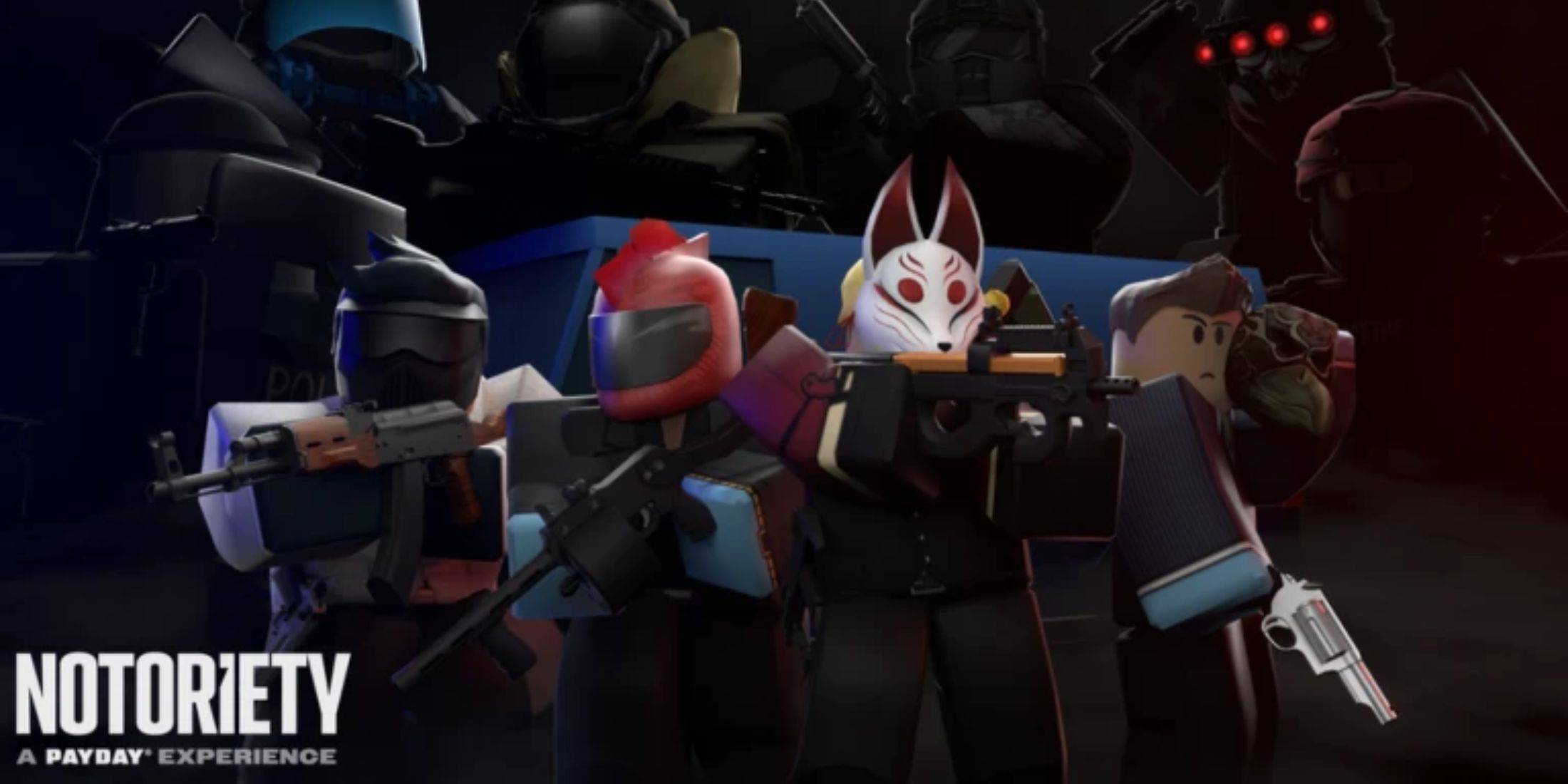Marvel Snap Banned on TikTok: What's Next?
TikTok's weekend ban dominated headlines, but the fallout extended beyond the social media platform. Several top-tier releases, including Marvel Snap, were also pulled, leaving developer Second Dinner scrambling. This incident highlights the precarious position of gaming companies caught in geopolitical crossfire.
ByteDance's decision to temporarily remove TikTok, seemingly to garner attention and ultimately secure its reinstatement by President-elect Trump, proved successful. However, this calculated political maneuver inadvertently ensnared other ByteDance subsidiaries' games, like Marvel Snap and Mobile Legends: Bang Bang. The lack of prior warning to Second Dinner underscores a concerning disregard for its developer partners. While Second Dinner promises Marvel Snap's swift return, offering compensation for lost playtime, the incident raises serious questions about the company's priorities.

ByteDance's actions suggest a prioritization of its social media empire over its gaming ventures. This isn't a new trend; in 2023, the company's gaming division faced significant layoffs and project cancellations. While the successful Marvel Snap partnership initially signaled a shift towards collaborations, this recent event could severely damage trust with future partners. Disney, already boosted by NetEase's Marvel Rivals collaboration, likely views this situation with concern.
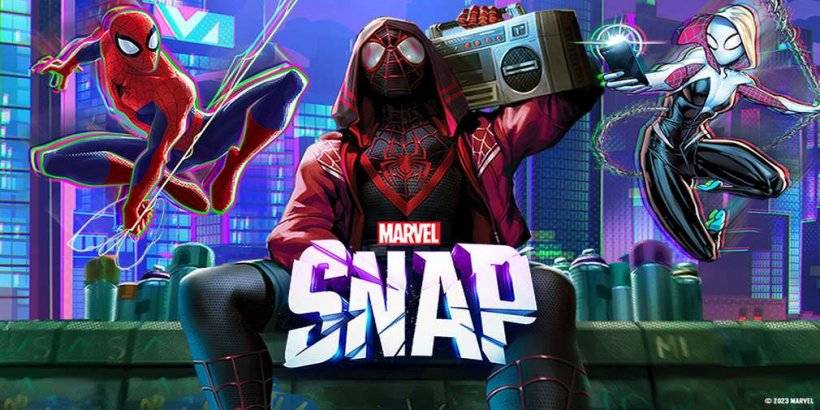
The implications extend beyond ByteDance. Tencent, NetEase, and other Chinese gaming companies could face similar scrutiny. The FTC's actions against MiHoYo demonstrate a growing trend of regulatory pressure on the gaming industry. The Marvel Snap situation sets a worrying precedent, highlighting the vulnerability of games to political maneuvering.
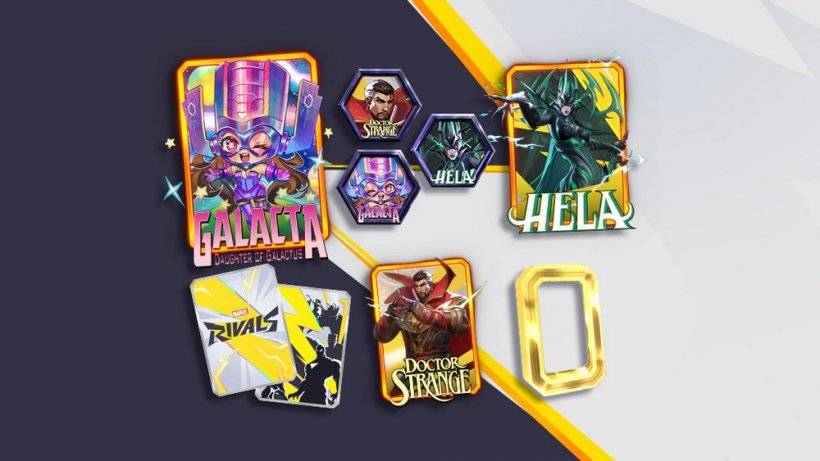
The unexpected impact on Marvel Snap's player base, many of whom were initially unconcerned about TikTok's fate, underscores the broader consequences. This incident raises significant questions about the future of gaming and its susceptibility to geopolitical pressures. The potential for further disruptions, driven by political agendas, poses a considerable threat to the gaming industry and its players.
-
Adapted from a popular Webtoon, Hardcore Leveling Warrior is an upcoming action RPG.Global pre-registration is now live ahead of its launch on iOS and Android devices.Dive into idle RPG mechanics, competitive PvP, and more exciting features!Another dAuthor : Patrick Feb 18,2026
-
Following the success of Pocket Zone, Go Dreams returns with its sequel. Currently in early alpha testing for Android, Pocket Zone 2 is developed by two indie creators behind the Pocket Survivor series. Pocket Zone 2 Expands into Survival RPG TerrAuthor : Hannah Feb 18,2026
-
 Lust Doll Plus (r66.1)Download
Lust Doll Plus (r66.1)Download -
 Southern PokerDownload
Southern PokerDownload -
 Fruit Summer Slots MachineDownload
Fruit Summer Slots MachineDownload -
 Tarot Offline - Card GameDownload
Tarot Offline - Card GameDownload -
 Virtuelles Casino - Craps Spiel OnlineDownload
Virtuelles Casino - Craps Spiel OnlineDownload -
 BrazilyaDownload
BrazilyaDownload -
 Battle Angel Moe moe arena-Download
Battle Angel Moe moe arena-Download -
 Sandy BayDownload
Sandy BayDownload -
 Spell CastersDownload
Spell CastersDownload -
 Brain Puzzle - IQ Test GamesDownload
Brain Puzzle - IQ Test GamesDownload
- Black Ops 6 Zombies: How To Configure The Summoning Circle Rings on Citadelle Des Morts
- Roblox: Latest DOORS Codes Released!
- Harvest Moon: Lost Valley DLC and Preorder Details Revealed
- Silent Hill 2 Remake Coming to Xbox and Switch in 2025
- Roblox: Blox Fruits Codes (January 2025)
- Roblox: Freeze for UGC Codes (January 2025)



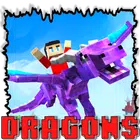
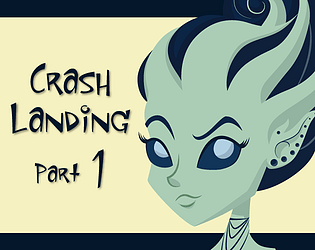



![Taffy Tales [v1.07.3a]](https://imgs.ehr99.com/uploads/32/1719554710667e529623764.jpg)




